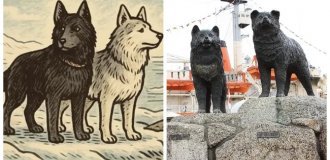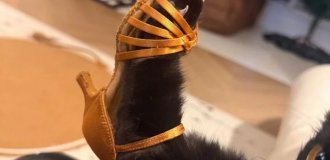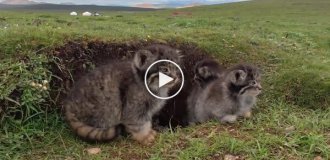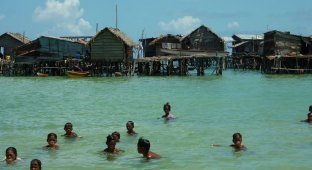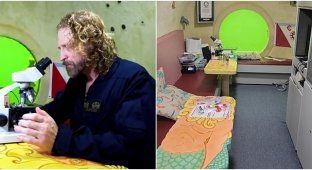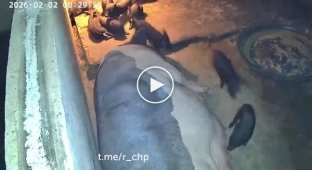A unique gene of the Bajo tribe that allows you to swim underwater for 5 hours a day (4 photos + 1 video)
There is a tribe in Southeast Asia that has developed a special mutation. Known as the Bajo, these people have been spearfishing for about 1,000 years and live in houses on stilts. Due to the nature of their habitat, the Bajau can hold their breath for 13 minutes, and their spleen is 50% larger than that of land dwellers. 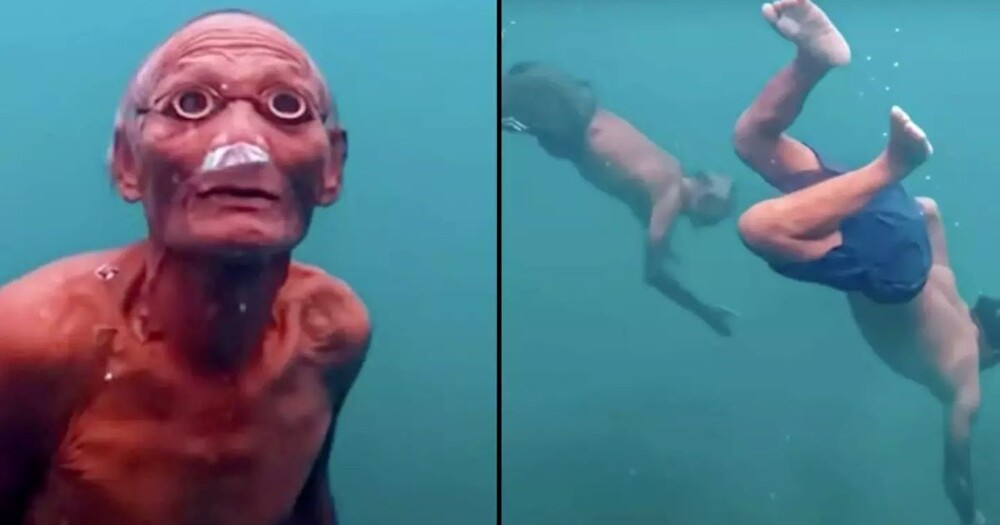
The large spleen, which provides a supply of oxygenated red blood cells, allows the Bajau to remain underwater longer.
The study's author, Melissa Ilardo, from the University of Copenhagen, told the BBC's Inside Science programme: "For thousands of years they lived on houseboats, roaming from place to place in the waters of Southeast Asia and only occasionally coming onto land. Everything they need , they get it from the sea."
"They spend eight hours a day underwater, about 60% of their time. And they dive to depths of more than 70 meters." 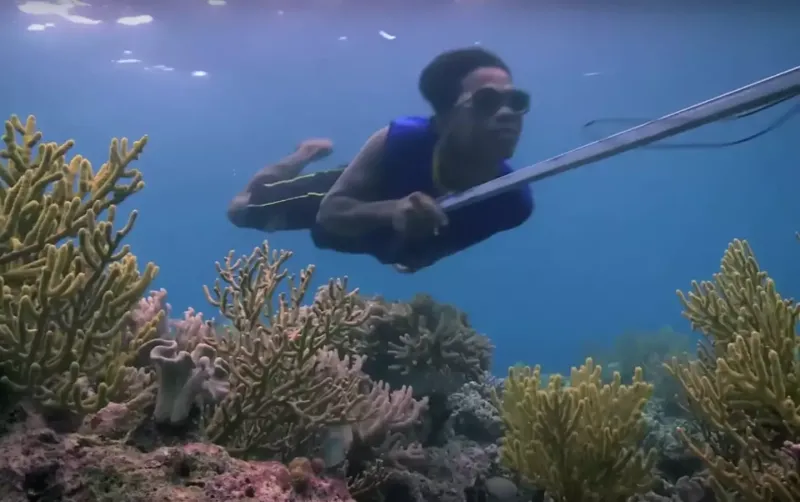
Using traditional wooden goggles and weight belts, the tribe adapted to an aquatic lifestyle.
“Human beings have a developed response to immersion, which can be tested by putting the face in cold water,” explains Ilardo. “The heart rate slows down, peripheral vasoconstriction occurs, where the blood vessels in the extremities narrow to preserve oxygenated blood for vital organs, and then the spleen contracts." 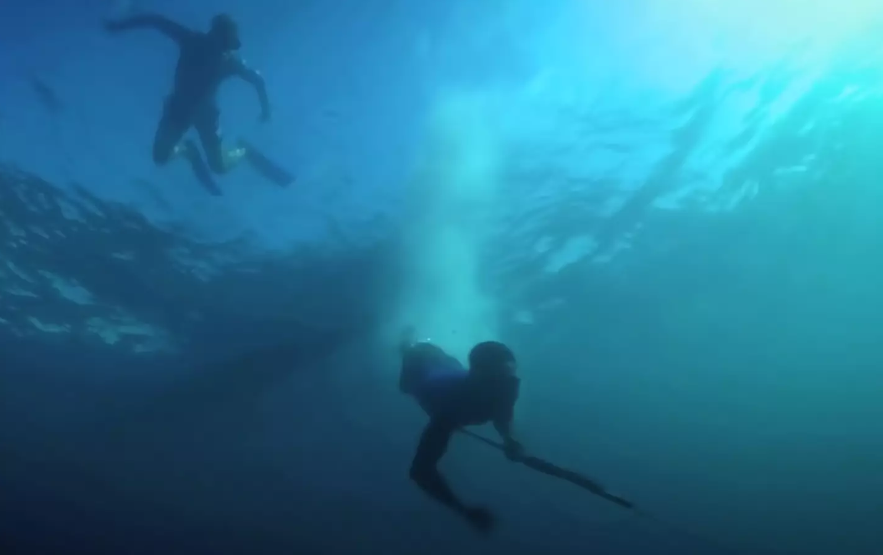
"The spleen is a reservoir for oxygenated red blood cells, so when it contracts, it gives you a boost of oxygen. It's like an internal oxygen tank."
Ilardo conducted ultrasound examinations of the Bajo tribe and found that their spleens were 50% larger than those of the neighboring village. Later, scientists found that the PDE10A gene provides an increased level of synthesis of thyroid hormones of the thyroid gland, which apparently leads to the growth of the spleen.
Study co-author Professor Rasmus Nielsen, from the University of California, Berkeley, added: "This is a remarkable example of how humans can adapt to conditions. There has been a lot of interest recently in understanding adaptation to hypoxia - adaptation to low oxygen levels. By studying the Bajau, we can find out what genes help the body adapt to a sharp drop in oxygen levels.” 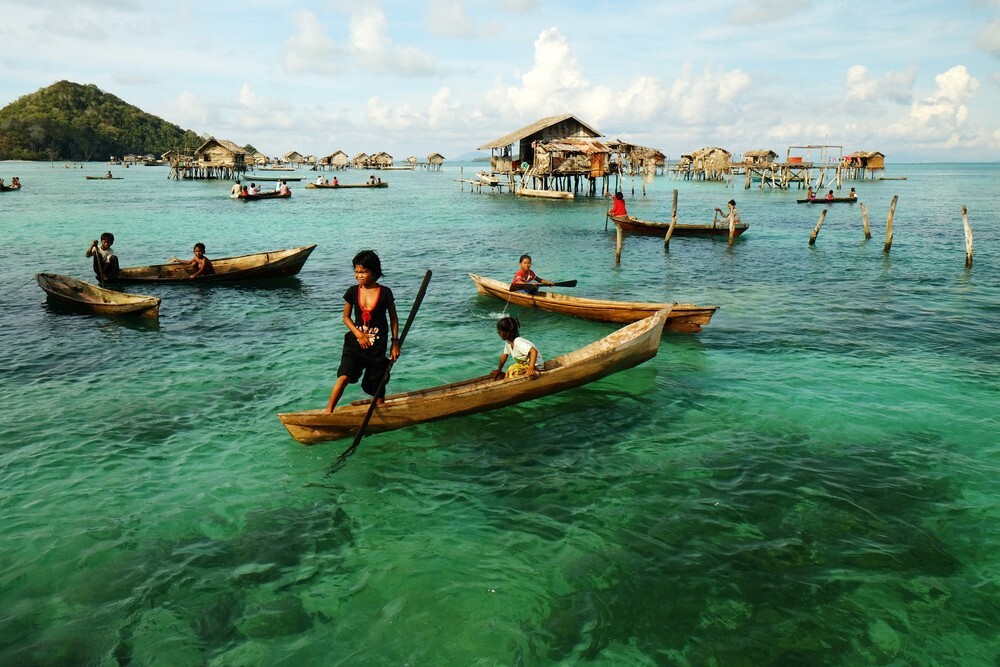
Santaravi Lalisan, a tribal elder, admitted that their culture is dying under Western influence.
"There's a lot of plastic here. Today, the Bajjos go to the supermarket and use plastic, not paper. Before, we only used paper when we were buying something."







